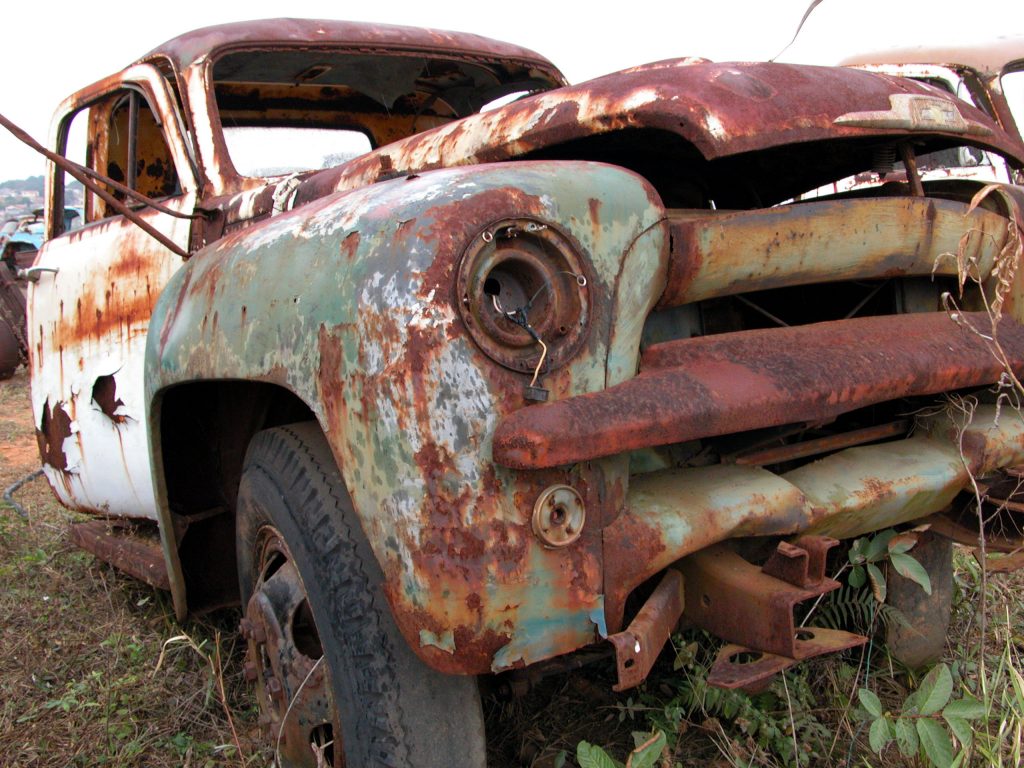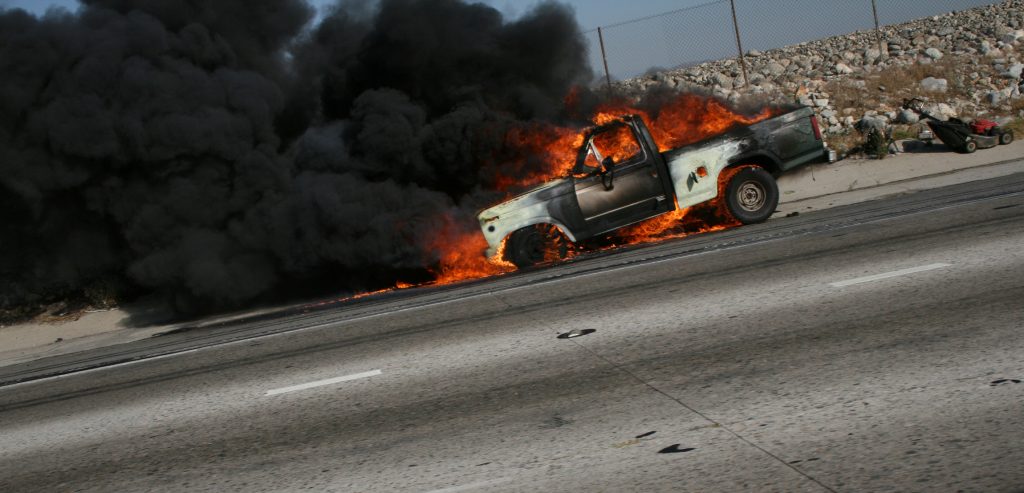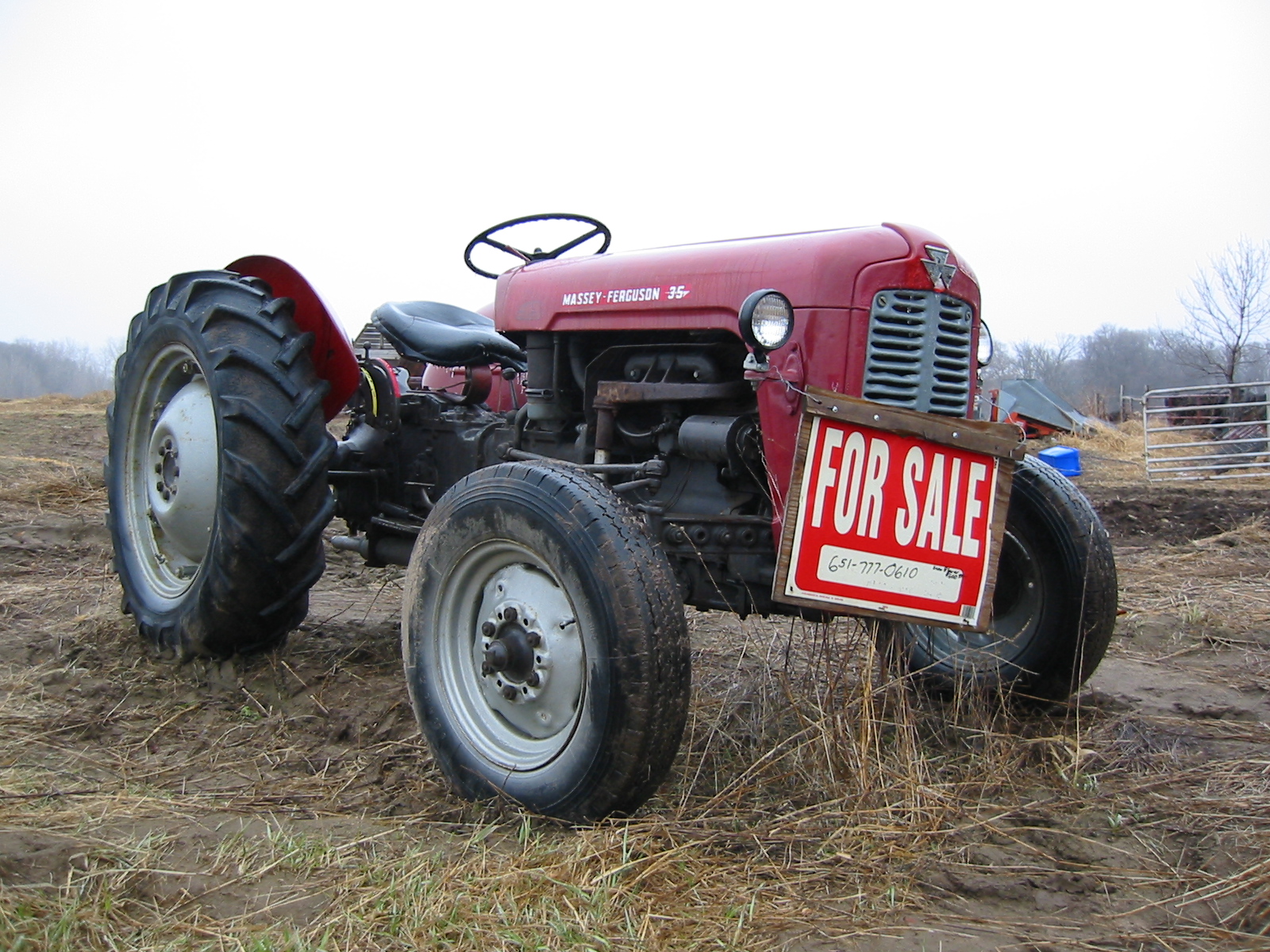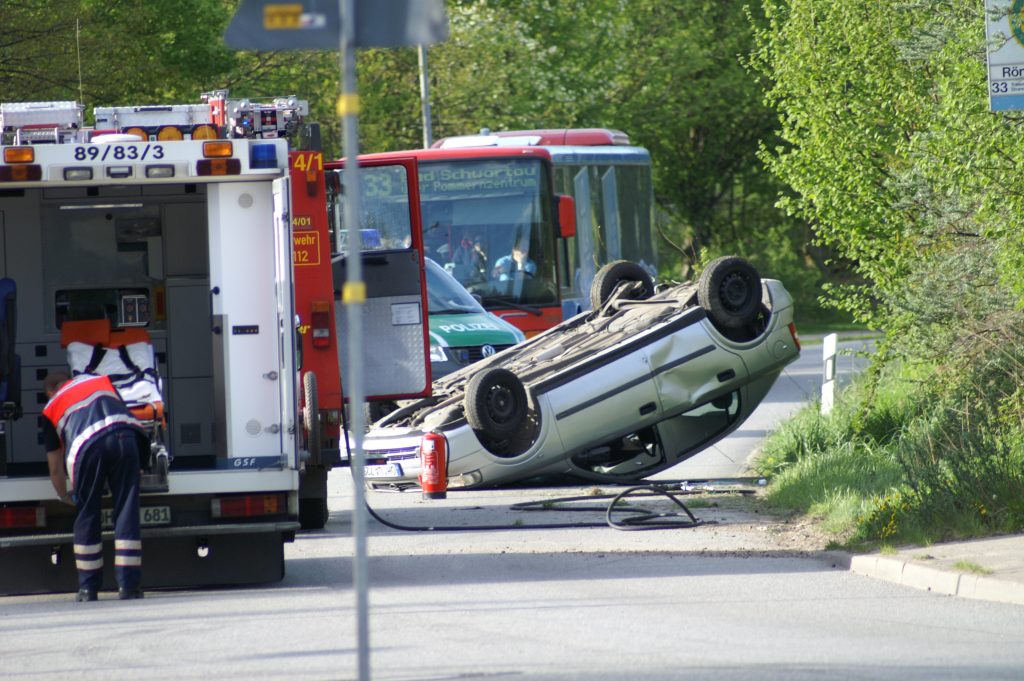 Buying a car is a huge endeavor for most people. Most of the time we do our due diligence and make sure we have a fair understanding of what we are purchasing. However, only so much information is under of our control. When buying a used car, we are often forced to go off of what the seller tells us about the vehicle. This can be nerve racking for many. It’s safe to say that the nerves tend to lessen when we are buying a used car from a certified pre-owned dealership, and the car is under warranty. Unfortunately, for two Louisiana men, a truck under warranty purchased from a reputable dealership caused more problems than were conceivable.
Buying a car is a huge endeavor for most people. Most of the time we do our due diligence and make sure we have a fair understanding of what we are purchasing. However, only so much information is under of our control. When buying a used car, we are often forced to go off of what the seller tells us about the vehicle. This can be nerve racking for many. It’s safe to say that the nerves tend to lessen when we are buying a used car from a certified pre-owned dealership, and the car is under warranty. Unfortunately, for two Louisiana men, a truck under warranty purchased from a reputable dealership caused more problems than were conceivable.
In March of 2005, Barnaby Martinez bought a 2004 Ford F-250 truck. In 2008, he began to experience problems with the engine. The problems were so severe that Mr. Martinez alleged that at times have to use both his feet on the break in order to prevent hitting other vehicles. Mr. Martinez asked his brother-in-law David Leija, a mechanic, to take the truck to the Ford Dealer. In July of 2008, Mr. Leija took the truck to Hixson Autoplex of Monroe.
Hixon replaced the EGR valve and injector on the truck and informed Mr. Leija that the problem was fixed. However, 5000 miles later, the same problem came about. Mr. Martinez continued to bring the truck to Hixon several times. He was told that the warranty would take care of the repairs. Hixon kept the truck days, weeks, and even a month at a time. After getting fed up with the truck and its issues, Mr. Martinez sold the truck to Mr. Leija, who was fully aware of the truck’s problems. In 2012, Hixon informed Mr. Leija that they could not fix the problem, and that because the truck was out of warranty, the cost of repairs was $3000. Mr. Leija never took the truck back to Hixon.
 Louisiana Personal Injury Lawyer Blog
Louisiana Personal Injury Lawyer Blog



 In 2011 Peggy McCastle-Getwood was an employee at the K-Mart in Mandeville, Louisiana. On May 26, 2011 she arrived to work around 8:00 a.m. and went to the back of the store to place her belongings in the locker room. With a cup of coffee in her hand, Ms. McCastle headed back to the front of the store and slipped and fell.
In 2011 Peggy McCastle-Getwood was an employee at the K-Mart in Mandeville, Louisiana. On May 26, 2011 she arrived to work around 8:00 a.m. and went to the back of the store to place her belongings in the locker room. With a cup of coffee in her hand, Ms. McCastle headed back to the front of the store and slipped and fell.
 Gerald O”Hara from Gone with The Wind said it best, “The land is the only thing in the world worth working for, worth fighting for, worth dying for, because it’s the only thing that lasts.” While land ownership is a sacred right in this nation it does not prevent the state government from taking your land through a process called expropriation.That process requires that the State of Louisiana pay a fair price for private land that has been expropriated for public needs. The state must be careful in ensuring that they pay full value for the expropriated land as Louisiana statutes allow the landowner to recoup attorney fees if they are successful in proving the payment was less than adequate. The following case out of West Feliciana Parish demonstrates what can happen when expropriation doesn’t lead to fair compensation.
Gerald O”Hara from Gone with The Wind said it best, “The land is the only thing in the world worth working for, worth fighting for, worth dying for, because it’s the only thing that lasts.” While land ownership is a sacred right in this nation it does not prevent the state government from taking your land through a process called expropriation.That process requires that the State of Louisiana pay a fair price for private land that has been expropriated for public needs. The state must be careful in ensuring that they pay full value for the expropriated land as Louisiana statutes allow the landowner to recoup attorney fees if they are successful in proving the payment was less than adequate. The following case out of West Feliciana Parish demonstrates what can happen when expropriation doesn’t lead to fair compensation. Imagine your child passed away in the most horrific way. You seek remedies in the court system, but the court does not recognize your right of recovery as a parent. What a nightmare. In Louisiana, a putative (unestablished) father must timely file an action for avowal (a father’s action to establish paternity) in order to maintain a wrongful death or survivor action for the death of a child born out-of-wedlock. Failure to do so may forfeit your legal rights. A recent case from the Louisiana Supreme Court discusses the pleading requirements regarding paternity in filing wrongful death and survivor actions.
Imagine your child passed away in the most horrific way. You seek remedies in the court system, but the court does not recognize your right of recovery as a parent. What a nightmare. In Louisiana, a putative (unestablished) father must timely file an action for avowal (a father’s action to establish paternity) in order to maintain a wrongful death or survivor action for the death of a child born out-of-wedlock. Failure to do so may forfeit your legal rights. A recent case from the Louisiana Supreme Court discusses the pleading requirements regarding paternity in filing wrongful death and survivor actions. As the old saying goes, “accidents happen.” But, in personal injury lawsuits, like in many matters, another saying is more on point: “The devil is in the details.”
As the old saying goes, “accidents happen.” But, in personal injury lawsuits, like in many matters, another saying is more on point: “The devil is in the details.”  On the back roads of Louisiana it is not uncommon to see tractors and other farm equipment traversing the highway. If that farm equipment is involved in an accident with a car everyone involved might have a different story on how it occurred. If that happens it takes the best lawyers to help the court figure out who is at fault. The following case out of Livingston Parish shows how the courts deal with opposing views of fault in cases where cars and tractors collide.
On the back roads of Louisiana it is not uncommon to see tractors and other farm equipment traversing the highway. If that farm equipment is involved in an accident with a car everyone involved might have a different story on how it occurred. If that happens it takes the best lawyers to help the court figure out who is at fault. The following case out of Livingston Parish shows how the courts deal with opposing views of fault in cases where cars and tractors collide. Anyone who has purchased chicken from a grocery store knows that for some reason the packing always seems to leak. But what happens if that leakage occurs in a grocery store and you slip on it and hurt your back, is the grocery store responsible? The following case out of Washington Parish Louisiana clarifies the standards used by courts when addressing that question.
Anyone who has purchased chicken from a grocery store knows that for some reason the packing always seems to leak. But what happens if that leakage occurs in a grocery store and you slip on it and hurt your back, is the grocery store responsible? The following case out of Washington Parish Louisiana clarifies the standards used by courts when addressing that question.